Journalist Michaela Trimble writes about the “sanctity of solitude” in a thought-provoking piece for Vogue Magazine.
The topic of the article is sparked by a study in the Journal For The Theory Of Social Behaviour which discusses how “the search for solitude is on the rise”.
“In contrast to loneliness,” writes Trimble, “solitude is typically a positive state – one to be sought rather than avoided.”
Positive Solitude
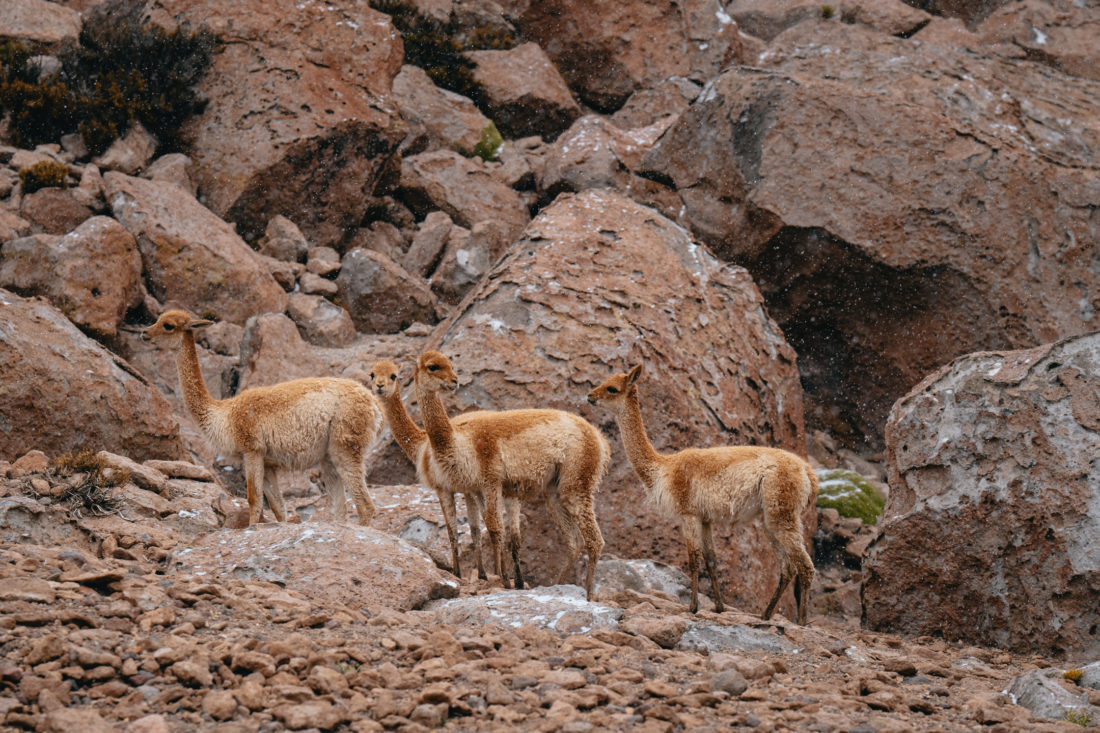
The joy of seeing being far from the crowds, appreciating nature
At Awasi, we are long-time believers in small groups, private excursions, and enjoying the silence and beauty of nature far from the crowds.
Trimble explains how the study “lists the benefits of solitude: increased freedom, creativity, intimacy, and spirituality.”
This is something she identifies with in seeking creative space for her work.
“Just like me, travellers past and present have long sought solitude through remote environmental settings – namely, in isolated, wide-open, natural landscapes that lend themselves to introspection.”
Sense of Freedom

Seeking remote spots in Iguazu, Argentina
“It’s destinations like these that tend to call forth a sense of freedom,” writes Trimble, “where we feel small within the grandeur of nature and are free of the noise that cityscapes often produce.”
Disconnecting & Connecting
The key is to step back from the constant noise of our busy lives, and seek human connection. At Awasi Iguazu, guests love meeting the local Guarani communities.
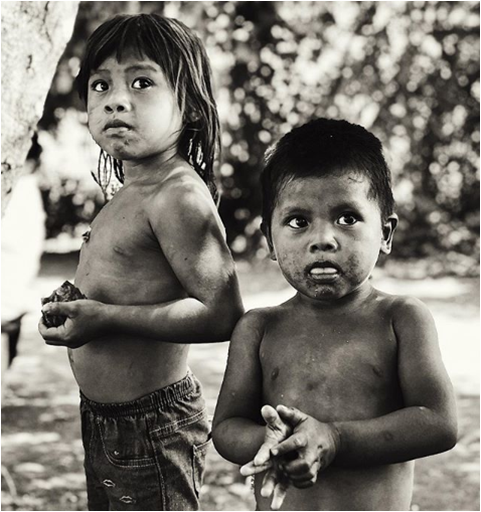
Mbya Guarani Community – The native people of these lands are still very present in the area, and their ancient culture, language and art strongly influence everyday life in Misiones.
“Not only are travelers looking to disconnect from technology,” writes Trimble “but they’re also increasingly interested in connecting with cultures in a more thoughtful way, especially in isolated locations that provoke a natural sense of solitude.”
The Vogue article focusses on how these changing priorities are “leading to a desire for travelers to venture to more remote places than ever before.”
Exploring untouched natural landscapes in solitude
Trimble interviewed Awasi Director General, Matias de Cristobal, as part of the article.
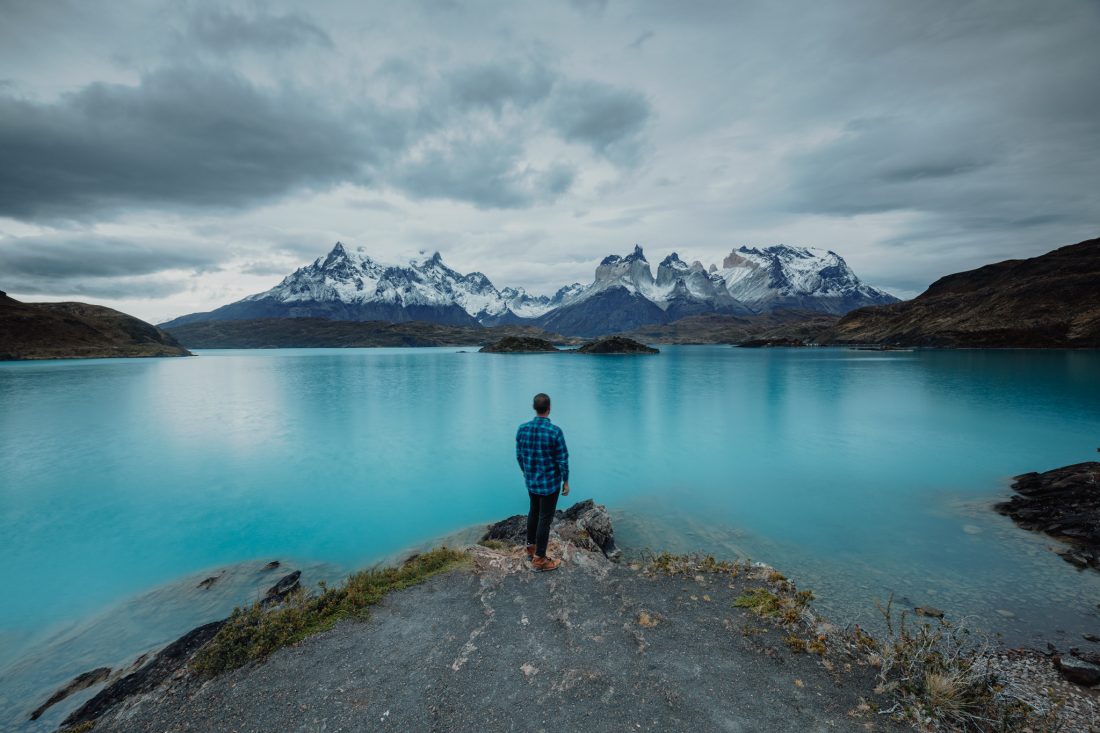
Patagonia’s iconic landscapes. Torres del Paine, Chile
She includes Awasi in a section of the piece, saying: “For the hotel group Awasi—which offers luxury lodges in locations such as Chile’s remote Atacama Desert and near the Iguazu Falls rainforest in Argentina—experiences are built around offering each guest booking a private guide and vehicle to explore untouched natural landscapes in solitude.”
“The chance to explore one of the most rugged landscapes on Earth in private, explains Matías de Cristóbal, general director of Awasi, is what keeps guests of the hotels coming back for multiple visits.”
Nature Fulfils
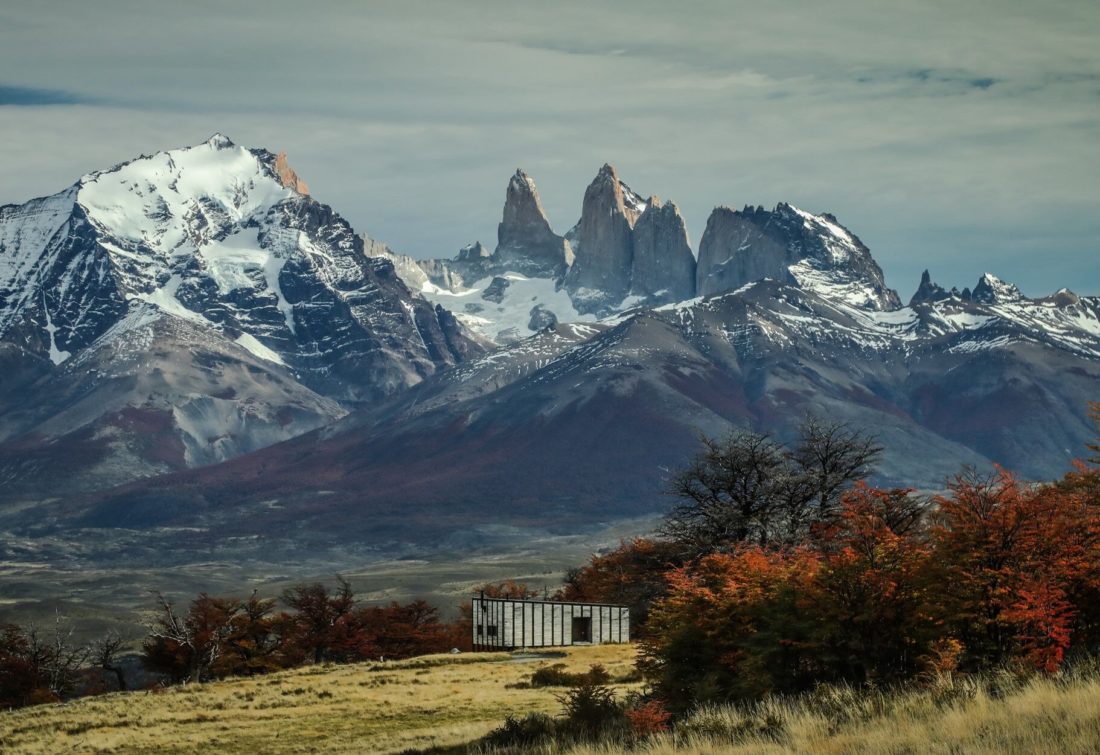
Awasi Patagonia is situated on a private reserve
There is a certain calm that fills the body when in places of natural beauty, away from bustling city life.
“This type of travel exposes us to new cultures, landscapes, and realities,” says de Cristobal, “often forging lifelong memories that shape the way we think…”
After years of receiving guests at our three remote lodges, de Cristobal is aware of the impact of nature on the human condition.
“Particularly, in the most pristine places,” he tells Trimble, “it can be a humbling experience to realize that we, as human beings, are a part of nature and do not just coexist alongside it. It’s when we connect more deeply with nature that we may also discover a missing part of ourselves.”
Solitude & Introspection
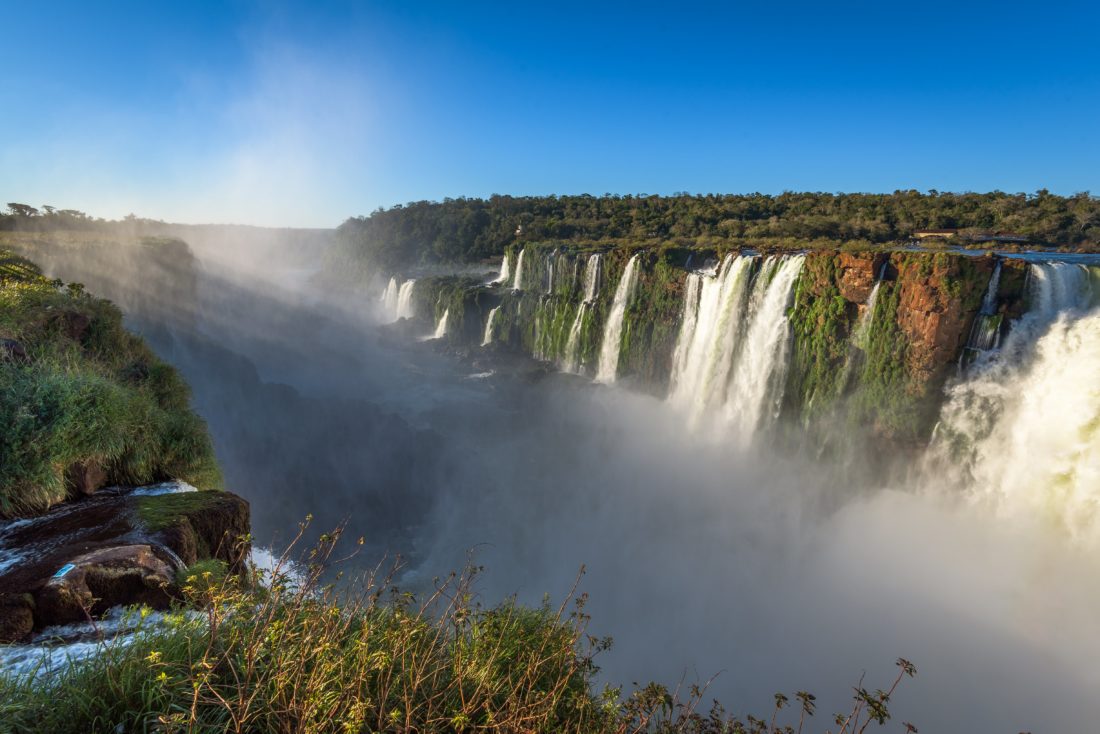
Iguazu Falls, Argentina
Trimble wraps up the article with a phrase that makes the reader pause for thought…
“It makes me question if there’s something innate in us that yearns to feel connected to the land, in places that stir this sense of solitude and introspection” she writes.
“At a time when the world felt chaotic and our futures were completely out of our control, this is what we reverted to—literal grounding by becoming more enmeshed with the land. Perhaps, in the end, that’s where we should have been all along.”
The article was published in British Vogue, Vogue USA and Vogue India.

